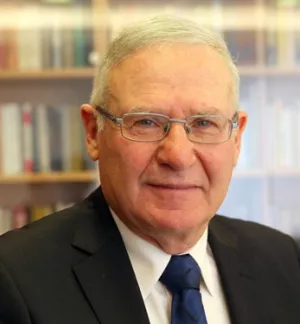
Why a Post-American Middle East Means a Greater Role in Regional Security
On February 3, U.S. President Joe Biden announced that a predawn raid by U.S. Special Forces in northern Syria had resulted in the death of Abu Ibrahim al-Hashimi al-Qurashi, the leader of the Islamic State (or ISIS). The surprise operation was a powerful reminder that despite frequent claims about its retreat from the Middle East, the United States continues to have the most capable military forces in the region among the world powers. But the raid was also notable for how unusual it was: in recent years, the United States has often seemed reluctant to employ those forces for strategic purposes.
As Washington increasingly shifts its attention to Asia, the Middle East has slid down its priority list. The Ukraine crisis has exacerbated the slide, drawing urgent attention to Europe. Accordingly, there have been growing questions about what this means for Middle Eastern security, particularly for Washington’s longtime ally Israel. Noting decade-long statements about pivoting to Asia, and observing the U.S. withdrawal of troops from Afghanistan, many commentators have suggested that the United States was leaving the region. Indeed, some fighter jets and missile defense batteries have been removed from Middle Eastern bases. Yet the larger story is less about actual military assets than about the appetite to use them. As the recent raid in Syria demonstrated, the United States can still effectively “bite” when it wants to. The more important issue, then, is given Washington’s diminishing interest in direct military engagement, how do the region’s powers reshape their own security policies?
For Israel, this question carries particular importance. It is clear that Washington and Jerusalem continue to share many common security concerns: maintaining regional stability, countering Iran’s nuclear ambitions and proxy warfare, promoting a safe global commons, and fighting terrorism. Yet waning U.S. engagement in the Middle East has emboldened Iran, which is posing a growing threat to Israel and other nations throughout the region. For Jerusalem, this new reality holds large perils but also significant promise. Even as it continues to benefit from U.S. assistance and backing, Israel has sought new regional partnerships to buttress its security. And in a future in which the United States is increasingly standing back, stepping up these relationships will be an essential part of Israel’s security strategy...
Yadlin, Amos and Assaf Orion. “Israel’s New Strategy.” Foreign Affairs, February 18, 2022
The full text of this publication is available via Foreign Affairs.



